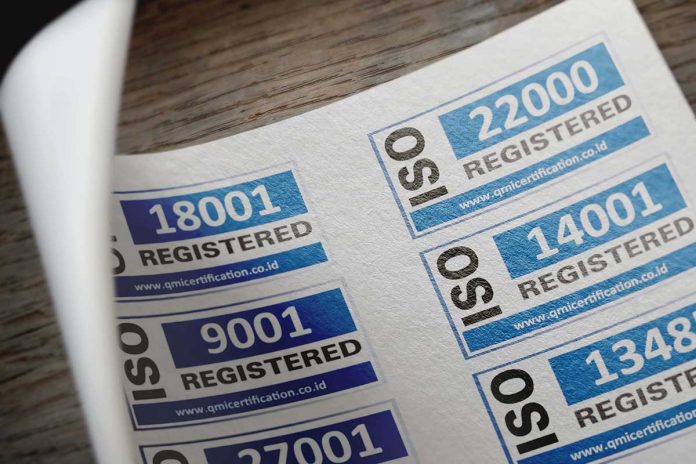
Product standardisation plays a cardinal role in ensuring safety and quality which are key to successful participation in regional trade. The Zambia Association of Manufacturers (ZAM) has noted that even though manufacturers comply with local standards, local compulsory standards are not recognised in export markets and therefore inhibit exports of manufactured goods. Such trade barriers are usually referred to as technical barriers to trade (TBT). The Africa Development Bank (AfDB) trade barriers monitoring mechanism report highlighted that 17 resolved and 7 unresolved TBT issues have been reported between African countries from around 2017 to date. Therefore, there is an urgent need to address TBTs as a barrier to trade.
Throughout the world, mutual recognition agreements (MRA) between countries and regions have proven to be a concrete trade policy instrument, specifically designed to address trade barriers emanating from technical standards. According to an article published by Trade Law Centre (Tralac) in 2019, an MRA is a contractual arrangement or understanding between or among regulatory bodies to recognize each other’s technical standards and regulations, quality verification procedures and results thereof, for either goods or services.
The main aim of the agreements is to facilitate market access and promote greater regional recognition of compliance standards while protecting and safeguarding consumers. They also benefit regulatory authorities by reducing duplication of inspections on each other’s territory, therefore, facilitating a faster flow of goods between borders. Additionally, MRAs also facilitate trade by reducing manufacturers’ transit costs when importing their raw materials or exporting finished goods. Once implemented, MRAs promote seamless trade, therefore, improving efficiency through reduced time and costs associated with cross-border customs controls, more especially when cargo is facilitating just-in-time deliveries.
Locally, the Zambia Bureau of Standards (ZABS) is the institution tasked with the role of developing both compulsory and voluntary standards and providing conformity assessment services to the industry. Voluntary standards are rules, guidelines or characteristics about a product or a process that are not mandatory regulations but are used voluntarily by producers, processors, retailers and consumers. On the other hand, compulsory standards are rules, guidelines or characteristics about a product or a process that are mandatory regulations. The Zambia Compulsory Standards Agency (ZCSA) is the institution mandated with ensuring that the 53 compulsory standards are upheld to the latter for both locally manufactured goods and imported products in Zambia.
In 2019, ZABS-certified honey was banned from being exported from Zambia to South Africa. Despite meeting all the quality requirements in Zambia, South Africa still imposed a ban on the importation of Zambian honey on the premise that the honey was contaminated with a disease called American Foulbrood (AFB). If Zambia and South Africa had a MRA of honey quality standards, such technical standard hurdles faced when exporting honey can be potentially eliminated and trade can flow. In the absence of MRAs, manufacturers exporting products to multiple markets may be required to undergo third-party conformity assessment repeatedly and with different regulatory bodies to demonstrate compliance with conformity requirements in different export markets. Mutual recognition agreements provide a useful approach to addressing these market failures and TBTs.
The signing of a Memorandum of Understanding (MoU) between the Zambia Bureau of Standards (ZABS) and the Angolan Institute of Standardisation and Quality (AISQ) in January 2023 is an example of an MRA. The MoU will ensure MRAs are effectively applied to provide for the acceptance of certification marks and test certifications between Zambia and Angola.
The potential benefits offered by MRAs are not only relevant for Zambian exporters but also for other trading partners. To sum it all up, to increase export market share within the region and across the African continent there is a need for Zambian standards to be recognized by various trading partners. Therefore, the Government should ensure that MRAs are added to bilateral trade agreements, more especially with countries in the region to ease trade.


